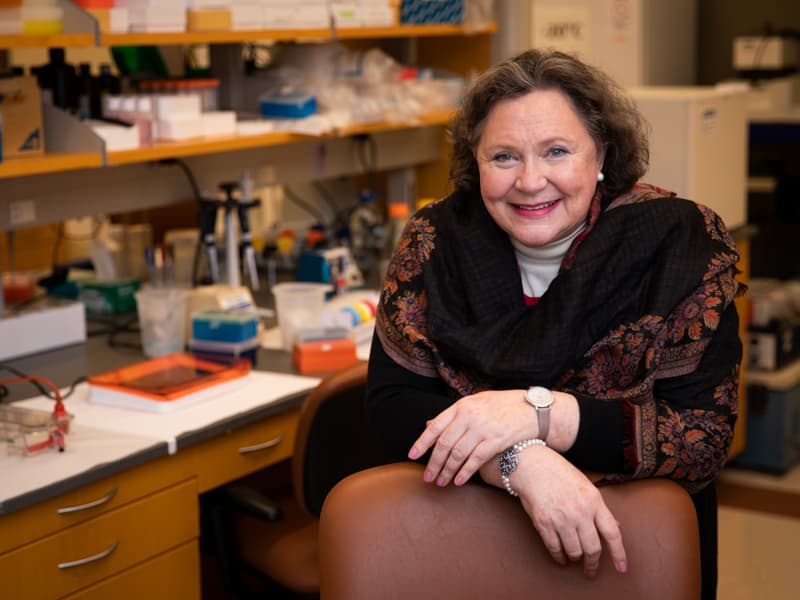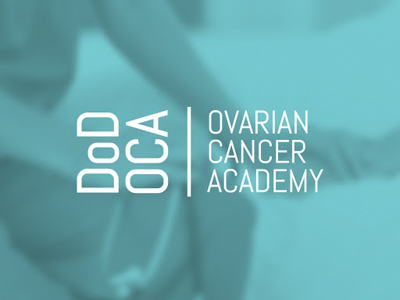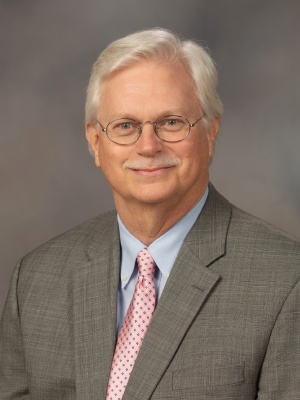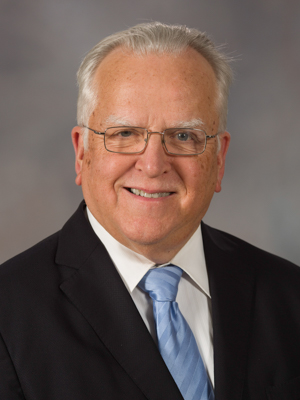Award lets researchers escalate war on ‘disease that whispers’

On the day "The War on Cancer" officially started, Dr. Nita Maihle, then a teenager, was huddled with her family around her father’s sickbed.
The signing of the National Cancer Act in December 1971 by President Richard Nixon came too late for Maihle’s father, who died 18 months after he was diagnosed with lymphoma.
But for decades now, the war “has led us to all types of discoveries about something we once knew virtually nothing about,” Maihle said.
And, in a way, it motivated the enlistment of a soldier in that conflict: Maihle herself; today, she is a professor of medicine and associate director for basic research for the Cancer Center and Research Institute at the University of Mississippi Medical Center.

Throughout her career, Maihle has targeted, in particular, one of the most heartbreaking forms of the scourge, ovarian cancer, with a determination that has earned her national renown and, lately, the renewal of the U.S. Department of Defense’s Ovarian Cancer Academy Leadership Award, a $2.7 million weapon against “the disease that whispers.”
The biomedical research grant comes directly to UMMC and Maihle who, as academy dean, will split it with the assistant dean, Dr. Douglas Levine, a gynecologic oncologist at New York University. It also supports a program coordinator at UMMC, Dr. Leslie Robinson.
The funds are most welcome, Maihle said. “There is a huge need. Not a lot of people have worked on this disease.”
For cancer deaths among women, it ranks fifth; among cancers of the female reproductive system, it ranks first, reports the American Cancer Society, which had forecast that ovarian cancer would kill around 14,000 women this year.
It usually strikes older women, often age 63 or older, and does so long before it’s noticed – thus, “the whispering disease.”
“About 75 percent of the time, some cancers, including ovarian, are discovered when there is little we can do for these patients,” Maihle said.
A patient’s survival usually depends on a combination of chemotherapy and surgery.

“It’s one of the worst cancers,” Maihle said. “We don’t know how to detect it early. And we have no biologically-targeted silver-bullet type drugs for it.
“So, one of the goals of this academy is to build a community of practitioners – scientists and physicians – who really understand this disease and can make a significant impact on treatment and early detection.
“The keys are collaboration and mentorship, Maihle said. Those qualities flourish in the OCA, created in 2009 and funded by a Department of Defense program. The academy teams the next generation of young scholars with prominent scientists, who boost their careers, research and professional progress.
Part of this crusade against cancer is the OCA’s Leadership Award, underwritten through October 2025 and paying for workshops, webinars, consultant fees, operating expenses and more.
Because academy scientists are scattered across the country, network meetings mostly occur online. “We were meeting virtually before it was trendy,” Maihle said.
But there is also an annual workshop, held in tandem with a national symposium that brings attention to these early-career researchers as they ponder news of cutting-edge discoveries. The 2021 retreat, planned for Seattle, is, of course, pandemic- and vaccine-dependent.
“I’m very happy to say that all this is working. In my career studying women’s cancers, I’ve brought in about $1 million a year over a period of about 30 years to support cancer research,” Maihle said. “But these kids in the academy have already brought in about $50 million over the past five years to support cancer research.
“They are just on fire; if you can’t get research funding, chances are you are not going to make substantial contributions to the field. And they’ve already made some incredible contributions.
“About a dozen of these researchers, who are chosen by the Department of Defense, are part of the academy at any one time,” Maihle said. They are working on their first research project, funded for four or five years each, at about $200,000 per year.
“They are the cream of the crop,” Maihle said. “They are quickly becoming leaders in the field of women’s cancer research.”

The fact that Maihle has been picked to head up this effort “is a reflection of the strength of the Cancer Center and Research Institute,” said Dr. Richard Summers, associate vice chancellor for research and the Billy S. Guyton Professor of Emergency Medicine.
“There is a need to recruit more young investigators into the field of cancer research, and I believe this academy and this award provides a clear mechanism to do that. In leading the basic science arm of the Cancer Center, Dr. Maihle has done a great job. Now, her mentorship has been recognized nationally; this Leadership Award is an honor.
“She has been in major institutions, including the Mayo Clinic, Yale and the Medical College of Georgia. Dr. Ruckdeschel, who also has a major reputation, was able to attract her here.”
That’s Dr. John Ruckdeschel, former director of the CCRI and now a member of the Medical Center’s adjunct faculty as a clinician scientist.

“I hired her from Georgia because she has the ability to look at the science other people are working on and can show them how it can be done even better,” Ruckdeschel said. “She is a great leader and mentor, a star, and a well-known figure in ovarian cancer research.
“The academy she leads will help keep investigators in this field; the work they do will cross-stimulate each other as they find new ideas and work to develop new approaches for the detection and treatment of this disease.”
In fact, Maihle helped create the model for early detection of ovarian cancer nationally which has been adapted for other cancers including breast and lung cancer.
“In my own area, lung cancer, we had no early detection process 10 years ago and didn’t understand its molecular basis. It got pretty depressing for a number of years,” Ruckdeschel said.
“Now, we have an early detection system and 30 different targeted therapies based on the biology of the lung cancer. And that’s what’s going to happen with ovarian cancer research. But you have to have people focused on it.”
There is some good news they might focus on as well. The rate at which women are diagnosed with ovarian cancer has been falling over the past 20 years, reports the American Cancer Society. And, since the mid-1970’s, the survival rate for all of the most common cancers has risen, except those attacking the cervix and the endometrium (the inner lining of the uterus), the ACS says.
Medicine has made inroads as well in the treatment of the disease that ravaged Maihle’s father, a former World War II soldier who had been stationed in North Africa when he was apparently infected with a virus that eventually led to the development of lymphoma decades later, she said.
“When you’re a scientist, it’s like you’re doing a giant jigsaw puzzle. When my dad was sick, we didn’t even have the edge pieces. Now we have some corner, and even middle pieces.”
Today the five-year survival rate for non-Hodgkin Lymphoma, for instance, is 72 percent, depending on the type and stage of the disease.
“By comparison, the rate for ovarian cancer is dismal, but the work to find treatments is encouraging,” Maihle said. “Some scientists are working on the use of our own immune system to fight the disease.
“Being able to bring what I’ve learned through the years to this academy, and the notion that we can have a lasting legacy in the fight against this disease, are all very energizing for me.”


